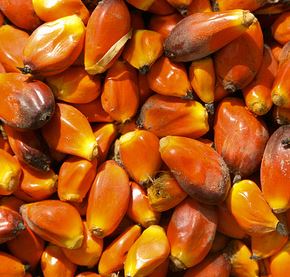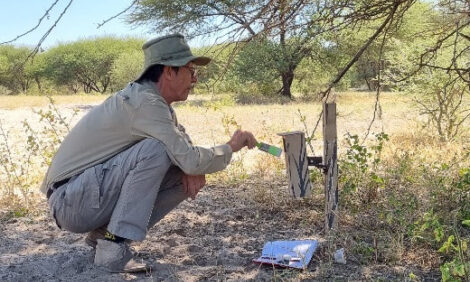



New Fonterra Palm Kernel Advice is “Lead Balloon”
NEW ZEALAND – Reasons behind greater scrutiny on palm kernel use sweeping into Fonterra farms have become less clear, says a farming leader.Dairy farms have been encouraged to limit use of the supplementary feed, initially reported by the New Zealand media to develop opportunity for grass-fed premiums around the world.
A voluntary guideline of 3 kilos of palm kernel per cow per day was circulated in a farmer letter late last month, for which Fonterra intimated there could be a premium attached.
Consumer perception was given as the reason behind the announcement.

However, in response to “composition issues” arising later, dairy chair at Federated Farmers of New Zealand, Andrew Hoggard, has underlined ambiguity in Fonterra’s message.
He called for clarity from the dairy giant and knowledge of what the consumer wants, describing it as going down among farmers like a “lead balloon”.
He blamed Fonterra’s communications, asking whether it was an issue of consumer perception or manufacturing suitability.
“In my view either of these issues are justifiable reasons for Fonterra to come back to farmers and inform us there is an issue to address,” said Mr Hoggard. “But they need to be upfront as to what the actual situation is.”
He said a potential problem could be if neighbouring farms get a premium in the future, but one has fed lower PKE and subsequently had to reduce cow numbers, having an impact on overall production while the other farm maintains its herd, thus maintaining production.
“We are relying on everyone to think about the greater good and ignore the individual benefits from going against that greater good,” said Mr Hoggard.
Fonterra, a member of the RSPO (Roundtable on Sustainable Palm Oil) since 2009, acknowledges the role of PKE as a by-product and a supplementary feed in feeding cows during adverse weather conditions.
Mr Hoggard said: “Other companies such Synlait have such an approach. For me if Fonterra are concerned by the use of PKE and other such factors, then providing that price signal is important.
“So for consumer perception the price signal could take the form of some sort of bonus. In terms of quality issues well then it needs to be treated just like somatic cells for example.
“If the issue is milk composition then say so and we can start a discussion around how this would be tested and what the demerit system would look like.
“If it is truly about consumer perception, then again discuss with farmers and get their feedback on what’s the best way to tackle it.”
Michael Priestley
News Team - Editor
Mainly production and market stories on ruminants sector. Works closely with sustainability consultants at FAI Farms



